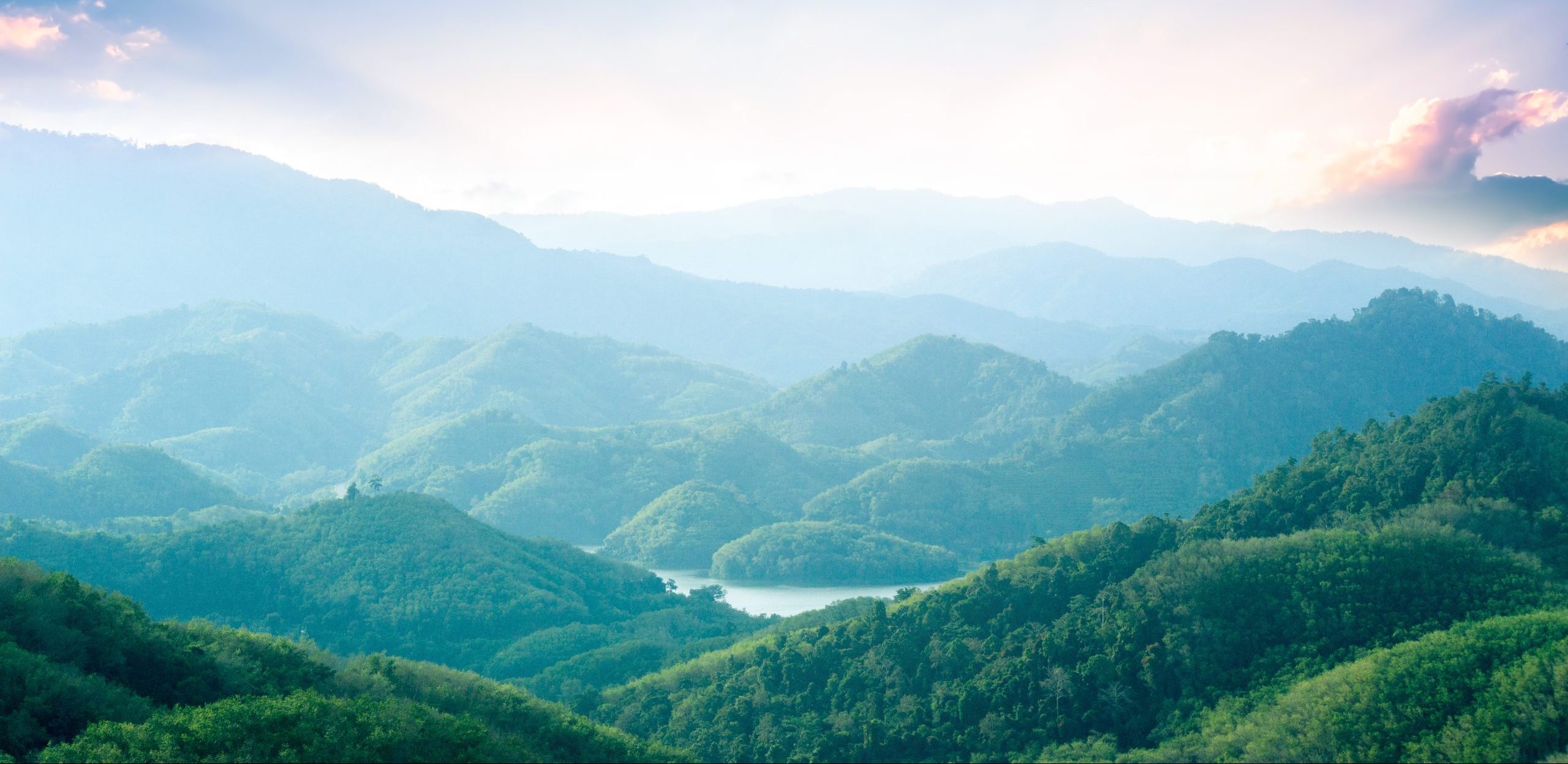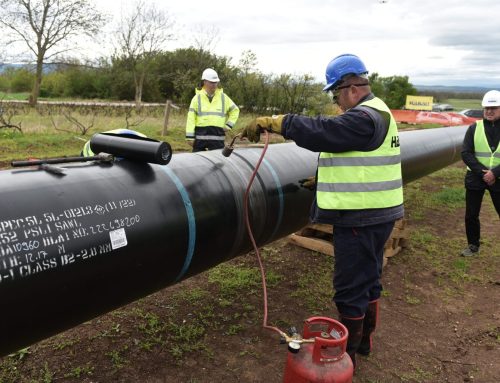Thanks to the support of the European Union and the Government of Switzerland, in collaboration with the United Nations Development Programme (UNDP), civil society organisations in Serbia have successfully implemented 13 solutions that significantly improved the conditions for the survival of numerous endangered wild animal and plant species in protected areas across the country.
The biodiversity of Serbia represents an exceptional wealth, abundance, and diversity of genes, species, and ecosystems. However, this precious resource faces serious threats. Global trends indicate that habitats are being lost, species are disappearing, and natural balance is being disrupted due to human activities. In line with this, an increasing number of countries and civil society organisations are dedicated to biodiversity conservation, as is the case in Serbia.
The territory of Serbia encompasses diversity and richness of natural resources over an area of 88,000 square kilometres. Although many areas are still unexplored, a large number of species and ecosystems have been recorded, according to data from the Institute for Nature Conservation of Serbia. It is estimated that there are between 700 and 800 plant communities in Serbia, particularly rich in endemic species found only in certain geographical areas.
The solutions proposed by civil society organisations included practical measures to improve protection in natural habitats, as well as activities to raise awareness of the importance of nature conservation for the well-being of humanity. In addition to the direct positive impact on wildlife and their habitats, the implemented activities have contributed to strengthening resilience to climate change and restoring the natural balance disrupted by human activity. In addition to field activities, lectures and workshops on the importance of conserving endangered species and nature were organised in cities such as Subotica, Niš, Novi Sad, and Tara.
Among the implemented solutions is an initiative of the Biological Society “Dr Sava Petrović,” which has set up a system for early detection and suppression of fires in the natural monument “Lalinačka Slatina” near Niš, thus protecting the biological value of Slatina and reducing the risk of disasters in the surrounding local communities.
The nature lovers’ association “Riparia” from Subotica has installed 200 artificial nests, thus helping the recovery of the endangered bird species, the Eurasian roller, while the citizens’ association “Jadovnik – oasis of untouched nature” from Prijepolje has created conditions for the rehabilitation of injured birds of prey and vultures in the southwestern part of Serbia.
The association ” World Wide Fund for Nature Adria-Serbia” has installed electric fences in the Tara National Park and the Uvac Special Nature Reserve, where conflicts between humans and bears and wolves occurred, to avoid incidents with large carnivores and reduce the number of cases of damage caused by these animals and the subsequent undesirable reactions of the local population that endanger these rare species.
Initiatives for biodiversity enhancement in protected areas were selected through a public call to civil society organizations within the EU for the Green Agenda in Serbia project – a project implemented by UNDP with technical and financial support from the European Union and in partnership with the Ministry of Environmental Protection, in collaboration with the Embassy of Sweden and the European Investment Bank (EIB), with additional financial support provided by the governments of Sweden, Switzerland, and Serbia.
Thanks to these efforts and collaboration with international partners, Serbia continues to build its ecological identity as a country that proactively approaches the protection of its natural heritage and biodiversity.




